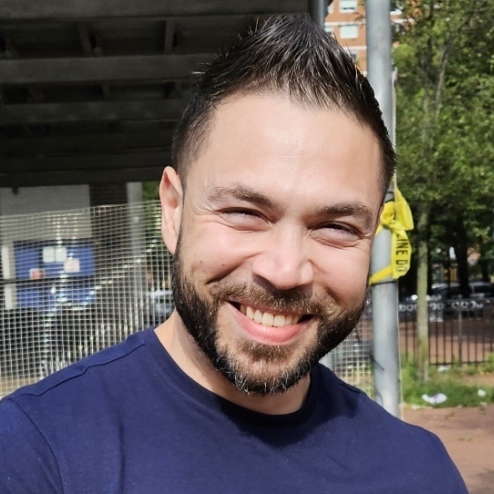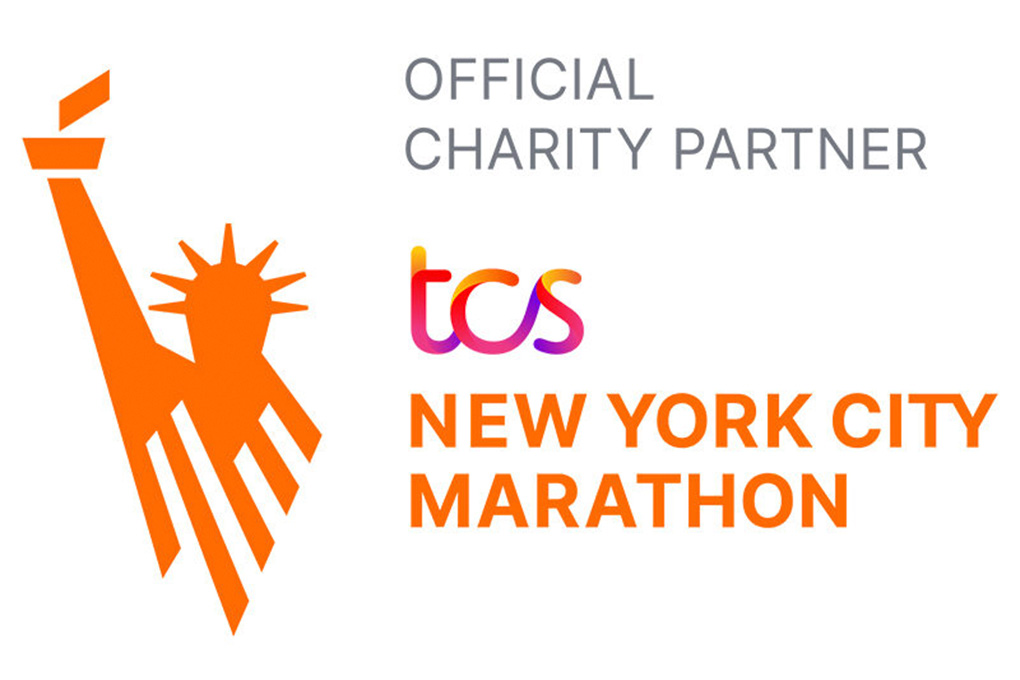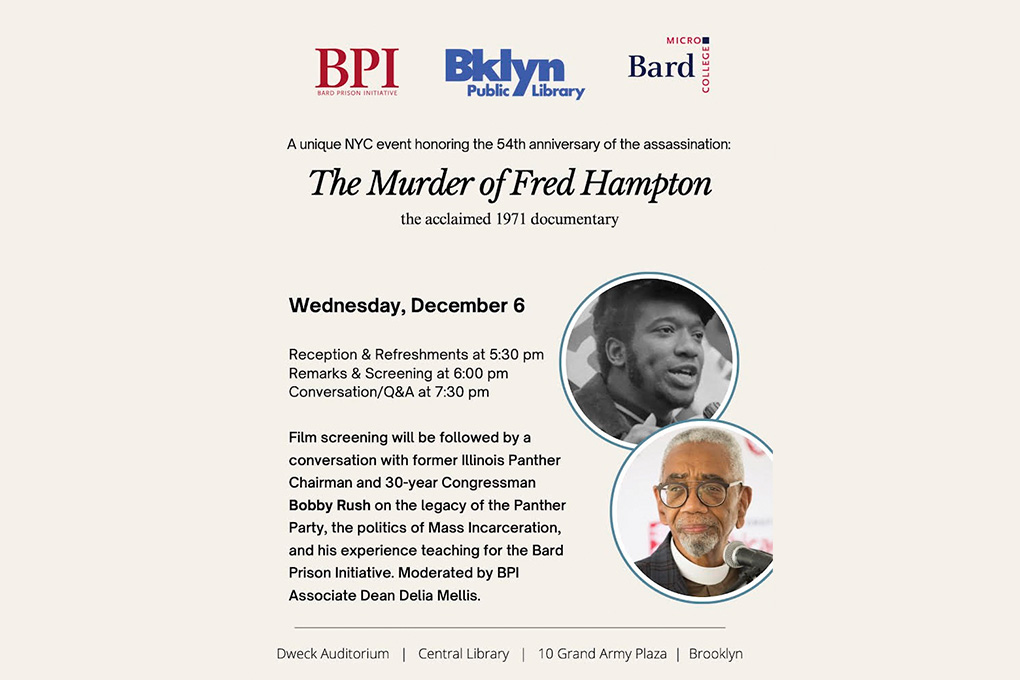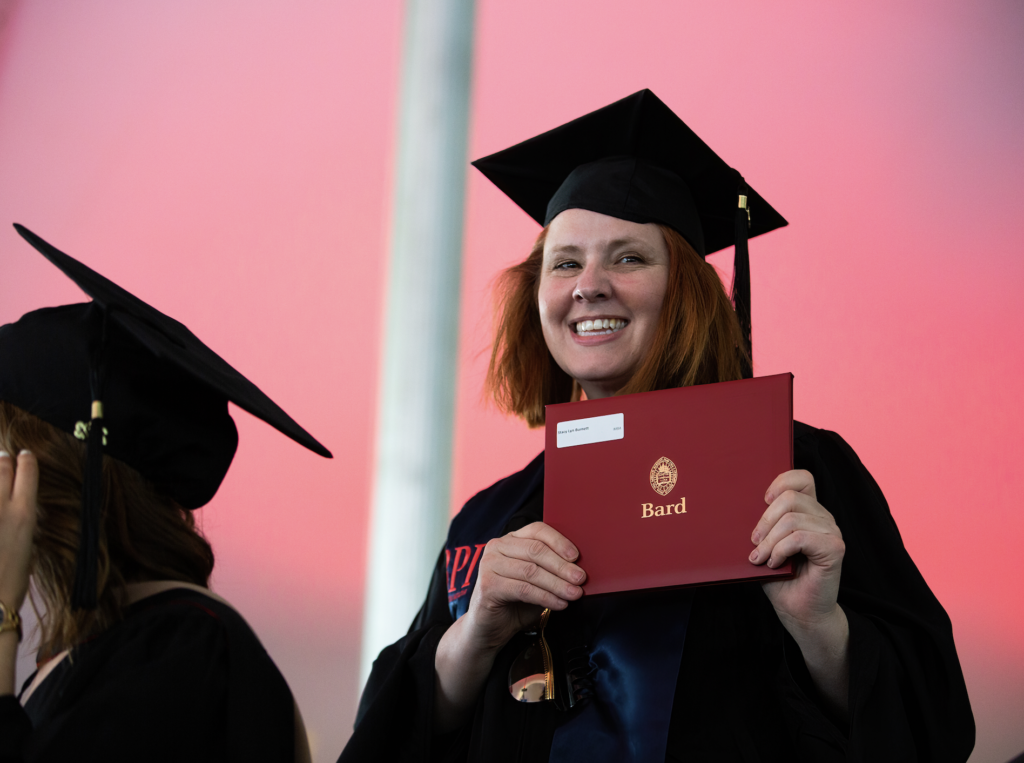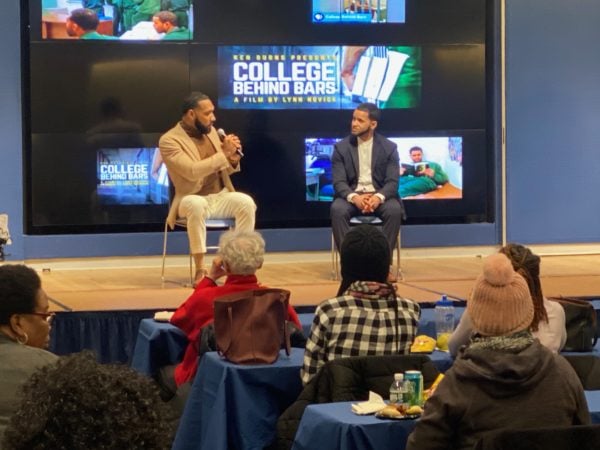
BPI alumnus and Government Affairs Advancement Officer Dyjuan Tatro (L) and BPI alumnus and Development Manager for Code Cooperative Giovannie Hernandez (R) speaking at the United Federation of Teachers Black History Month film screening on Feb 27, 2020.
BPI alumni Dyjuan Tatro and Giovannie Hernandez joined a United Federation of Teachers screening of College Behind Bars as part of UFT’s Black History Month Film Series on February 27th and proudly announced to the audience of teachers that Bard College will be offering a week-long workshop in summer 2020 focused specifically on College Behind Bars. The workshop will be part of the annual summer program put on by Bard’s Institute for Writing and Thinking and will take place on the Bard campus in July. The workshop Special Topics in Writing-Based Teaching: College Behind Bars and Engaged Education will use Bard’s writing-to-learn approach, which is central to BPI’s teaching and curriculum, to develop lessons based on the film for classes across the curriculum and at every grade level from middle school to college.
+ NEW! Special Topics in Writing-Based Teaching: College Behind Bars and Engaged Education
In November 2019, PBS aired “College Behind Bars,” a four-hour documentary following a dozen incarcerated students as they pursue a college education under the auspices of the Bard Prison Initiative, a degree-granting program of Bard College. In the film, individual students describe and reflect upon their experience – of college, of prison, and of the world. In doing so, they raise a variety of themes and questions: the power of education contrasted with our nation’s educational shortcomings; the role of the liberal arts in fostering engaged citizenship; personal narrative and self-definition; the problems of mass incarceration and the school-to-prison pipeline for youth of color; and much more. This workshop will offer a variety of ways to use writing-to-learn practices to work with the film in the classroom, to interrogate and explore it in order to engage, along with students, the many issues it raises. We will put the film into conversation with other texts, and think together about how we work with different kinds of material — poetry, essay, story, visual art — and about questions of documentary film more generally. We will think and write together about the power – and problems – of personal narrative as evidence, the relationship of individual experiences to larger societal movements, and weigh artistic and analytical responses to political and social issues. Led by a member of the BPI administration who is also a senior IWT associate, this workshop will also include opportunities for conversation and collaboration with individuals who appear in the film.
